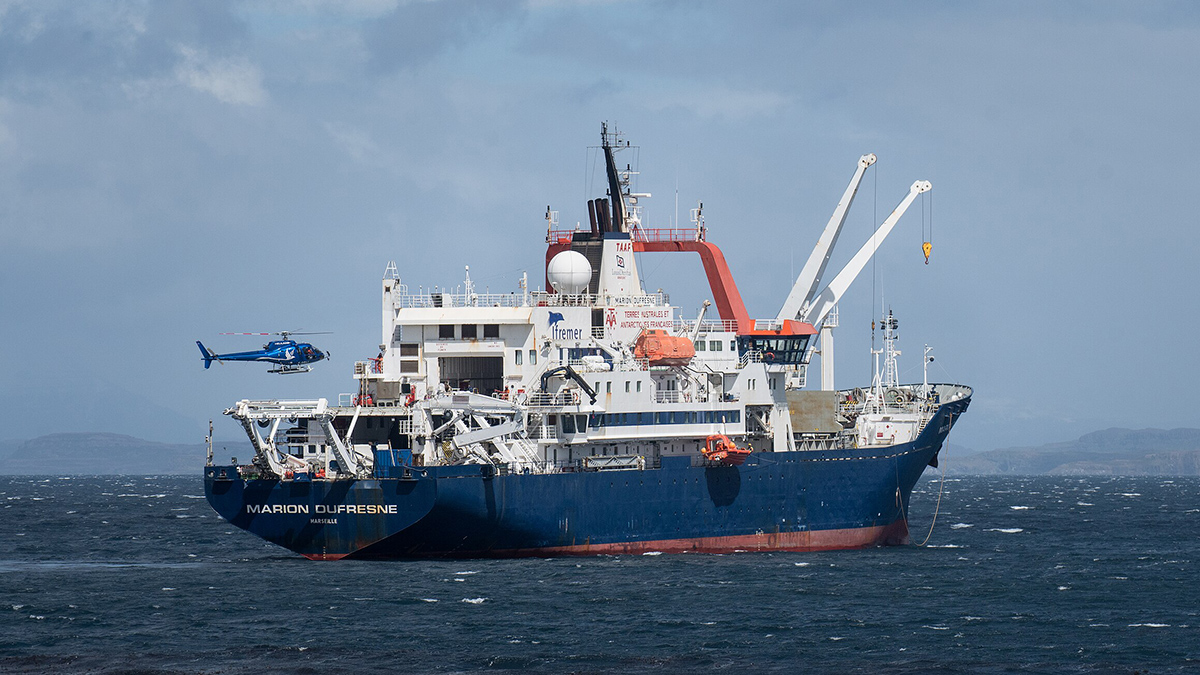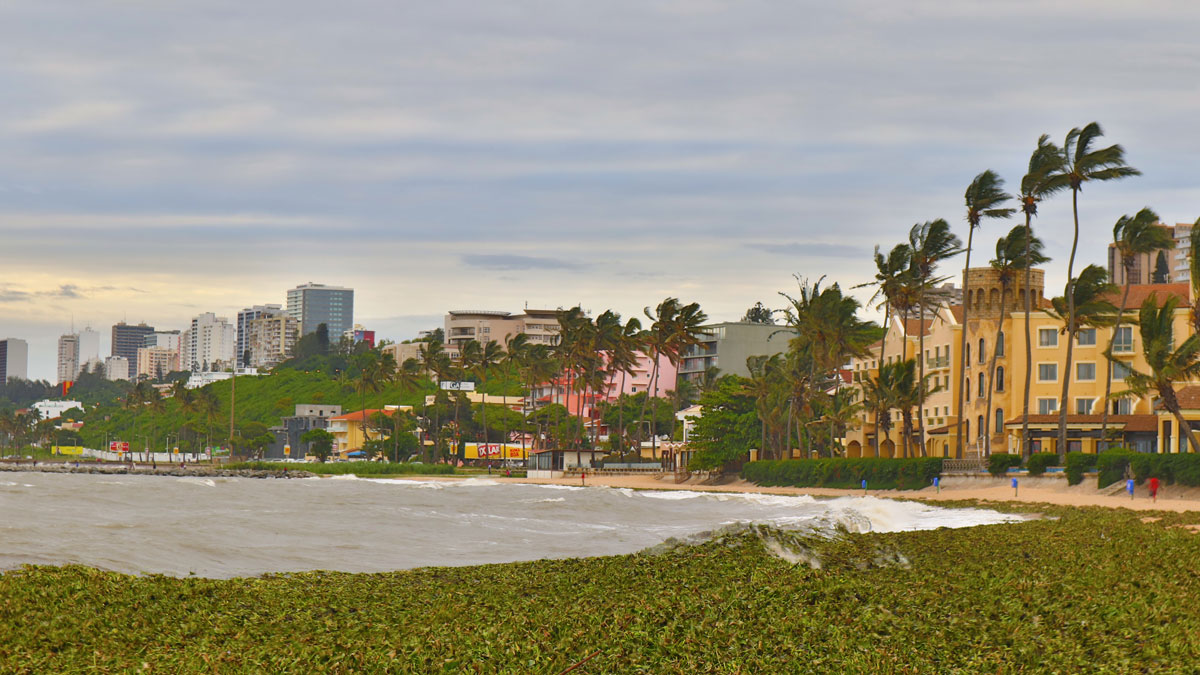During a voyage off the east coast of Africa, researchers collected detailed measurements of massive swirling currents that affect regional ocean conditions and fisheries.
Madagascar
Posted inNews
Severe Storms Expose Ill-Equipped Weather Stations in Southeast Africa
The lack of infrastructure is preventing scientists from robustly reporting meteorological information as well as communicating warnings about hazard-prone areas.
Posted inResearch Spotlights
Scientists Discover New Ocean Current off Madagascar
The warm and salty Southwest Madagascar Coastal Current influences upwelling that supports rich marine ecosystems along the southern coast.



